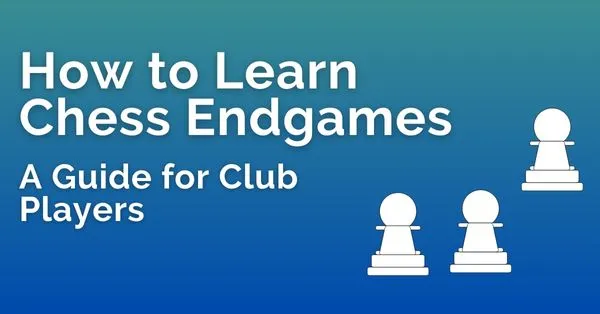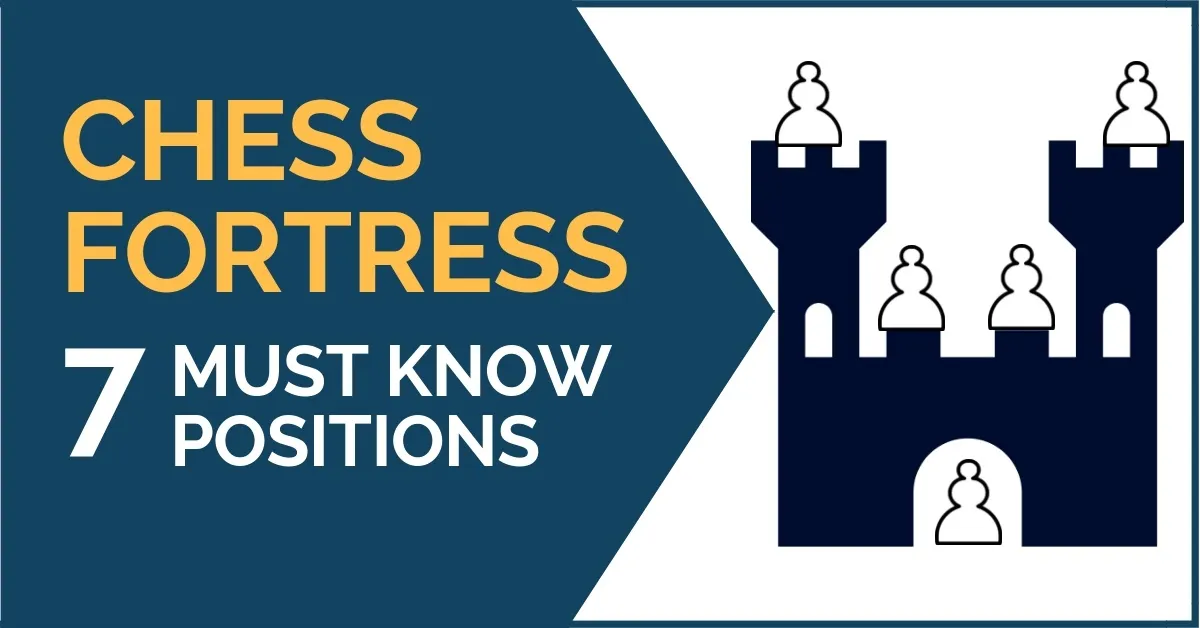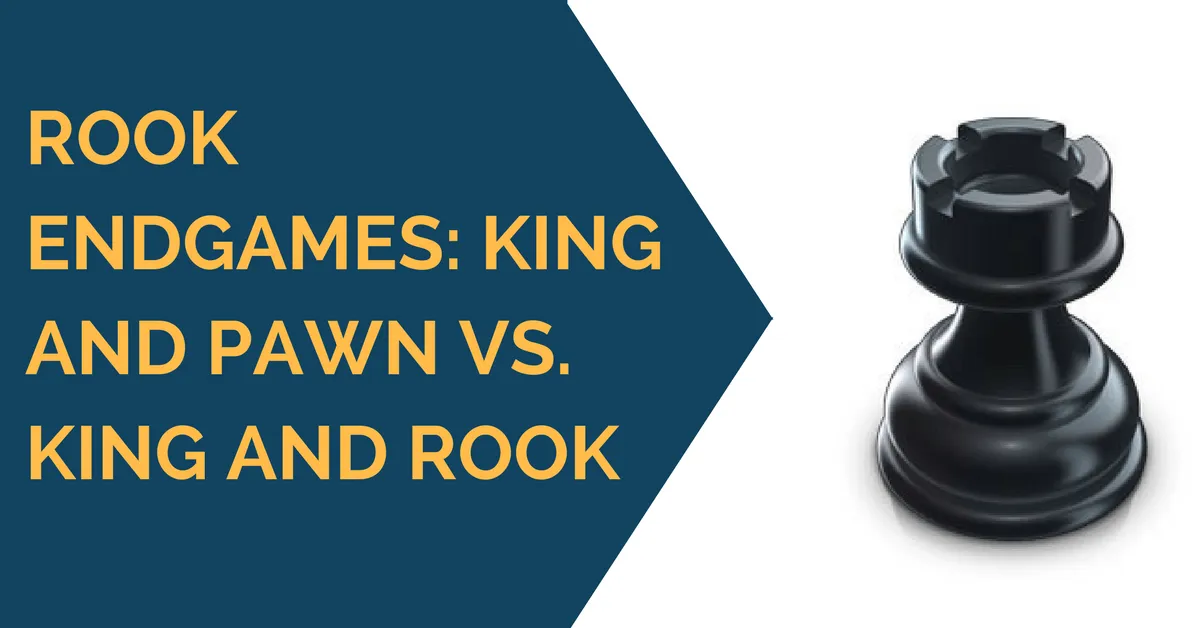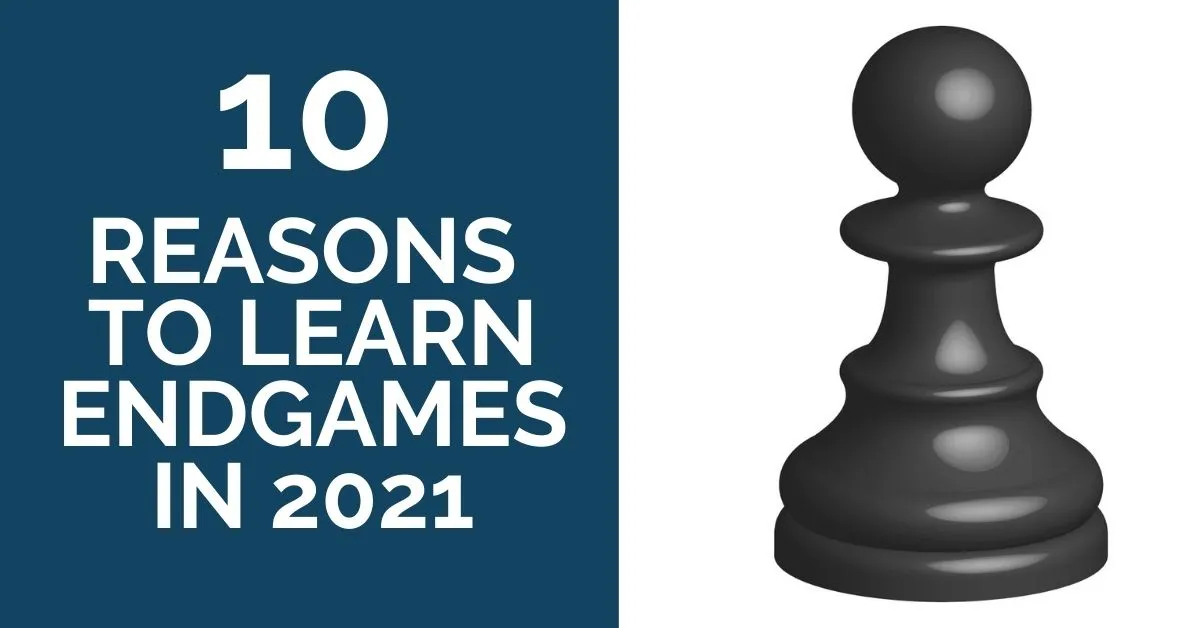How to Learn Chess Endgames: A Guide for Club Players

Chess endgames are the game’s final phase, where the outcome is often decided by precise calculation and technique.
Many chess players struggle with endgames because they find them boring, difficult, or too complex.
However, learning endgames can be very rewarding and beneficial for your chess improvement. In this article, we will cover some of the common dilemmas faced by chess players regarding the endgame and how to overcome them.
Practical vs. Theoretical Endgames
The first step as a club player is to understand the difference between practical and theoretical endgames. Practical endgames are those that occur frequently in real games, and it is not clear whether the position is winning or drawish.
Theoretical endgames are those that have a definite outcome and a clear method of achieving them. For example, king and pawn endgames, basic checkmates, or some specific positions that have been analyzed in depth by experts. These endgames are often called “tablebases” because they can be stored in a database and you can know the final result of the position.
The main difference between practical and theoretical endgames is that practical endgames require more creativity and flexibility, while theoretical endgames require more memorization and accuracy. Both of them are important to learn, but they require different approaches and methods.
A good starting point for club players is to start with learning the thought process required for practical endgame positions and then learn different theoretical endgames as they come.
How to Study Endgames Effectively?
There is no one-size-fits-all answer to this question, as different players may have different preferences and goals. However, here are some general guidelines that can help you study endgames more effectively:
- Learn the basics: Before you dive into complex or advanced endgames, make sure you master the basic principles and techniques of endgame play. For example, you should know how to checkmate with a king and queen, a king and rook, or two bishops; how to promote a pawn; how to use the opposition; how to create a passed pawn; how to activate your king; how to use zugzwang; etc. These skills will help you in any type of endgame and will give you confidence and clarity on how to proceed and what to aim for.
- Study from books or videos: There are many excellent resources available for learning endgames, both in print and online. Learn more about how to improve your endgame play.
- Playout practice positions: Another effective way to learn endgames is to play practice games with a specific focus on the endgame phase. You can do this by setting up an endgame position and playing it out against another player or computer. This will help you apply your knowledge in critical situations, for example when you are in time trouble but have an endgame position that you practice.
- Study the games of the masters: Study the games of the great endgame players (such as Capablanca, Smyslov, Karpov, Carlsen, etc.) and try to understand their ideas and techniques in different types of endgames. Try to understand why a certain plan was chosen and how they converted their advantages. You can use books, videos, or online databases to study their games.
Looking to learn some easy-to-play openings? Here are 5 Reasons to Play London System.
Should Chess Players Memorize Endgames?
The answer to this question depends on what type of endgames we are talking about. As mentioned before, there are practical and theoretical endgames, and they require different levels of memorization.
For practical endgames, memorization is not very important or useful. Instead of trying to remember specific moves or variations, you should focus on understanding the general ideas and plans behind each position. For example, instead of memorizing how to win a rook vs. bishop endgame with a specific pawn structure, you should understand how to use your rook’s mobility, how to create weaknesses in your opponent’s pawn structure, etc.
For theoretical endgames, memorization is more important and useful. Since these positions have a definite outcome and a clear method of achieving them, it makes sense to memorize them. However, memorizing theoretical endgames is not a substitute for understanding them. You need to know the basic principles and ideas behind each type of endgame, such as king activity, pawn structure, opposition, zugzwang, etc.
Should beginners learn endgames?
Yes, beginners should definitely learn some basic endgames. Endgames are essential for developing your chess understanding and skills. They teach you how to use your pieces and pawns in harmony, how to exploit weaknesses in your opponent’s position, how to create and convert advantages, and how to defend difficult positions. Even the legendary player and former World Champion Jose Capabalanca suggests every player start their chess journey with the study of the endgame.
Which endgames should club players learn?
There are many types of endgames, but some are more important and common than others. As a club player, you should focus on learning the following endgames:
- King and pawn endgames: These are the most fundamental and frequent endgames that you will encounter in your games. Most games can boil down to a basic King and pawn endgame.
- Rook endgames: These are the most complex and difficult endgames. Most players randomly move the rook to attack pawns or give checks. You should study the different concepts and ideas involved in rook endgames. The important aspects that you should cover are how to use your rook actively, how to cut off your opponent’s king, and how to use the Lucena and Philidor positions.
At this stage, you need not worry about learning Queen vs Queen endgames and Equivalent material endgames (e.g two rooks vs a Queen) as they are extremely complex, and sometimes even Grandmasters have a hard time understanding them.
Who is the best endgame player?
This is a difficult question to answer objectively, as different players have different styles and strengths in endgames.
However, some players are widely recognized as exceptional endgame players by their peers and experts. Here are some examples of such players:
Jose Raul Capablanca: The third-world champion was known for his flawless technique and elegance in endgames. He rarely made mistakes or missed opportunities in this phase of the game. He was especially good at king and pawn endgames and rook endgames.
Anatoly Karpov: The twelfth world champion was one of the most successful players in chess history. He had a remarkable ability to squeeze wins from seemingly equal or slightly better positions in endgames. He was especially good at exploiting small advantages and creating zugzwang situations.
Magnus Carlsen: The current world champion is widely regarded as one of the best players of all time, and is arguably the best endgame player of the modern era. He has a phenomenal intuition and creativity in endgames. He is especially good at finding resources and tricks in complex or unclear positions.
Of course, there are many other great endgame players in chess history, such as Rubinstein, Lasker, Fischer, Kramnik, etc.
You can learn a lot from studying their games and analyzing their decisions.
Want to learn more? See 10 Greatest Endgame Plays of All Time.
Conclusion
Learning endgames can feel like a mammoth task at first, especially due to the extensive possibilities and ideas. But it can be the most rewarding effort of your chess career.
Take it slow and start simple, absorb different ideas from the great players of the past and present. Keep in mind the points discussed above, and eventually, you’ll get better at endgames.
https://thechessworld.com/store/product/elements-of-endgames-with-im-boroljub-zlatanovic/










Comments: